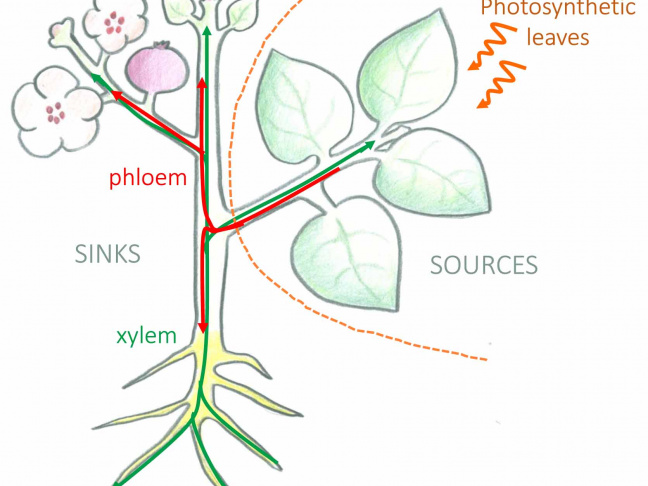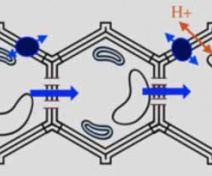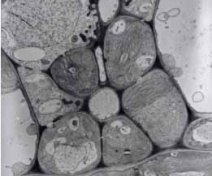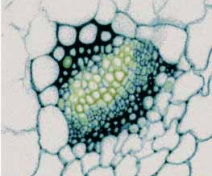A am currently working on the functioning of the vascular tissues, such as the phloem. My research aims at understanding the processes involved in sugar allocation and on their role in the set-up of plant responses to biotic and abiotic stresses.
I lead the CATS team (Carbon, Allocation, Transport and Signaling)
Academic and professional career
After studying agronomy and phytopathology at the Institut National Agronomique Paris Grignon (AgroParitech), I prepared my PhD at the Plant Pathology Station in Versailles (INRA 1987-1991). I completed my training with a post-doctorate in Molecular Virology (1991-1993) at the Institute of Molecular Virology of Madison (Wisconsin, USA) in the team of Prof. Paul Alhquist, before returning to Versailles as a researcher in 1994 to develop my own research on the functioning of the phloem and vascular tissues.
Scientific interests
In higher plants, carbon that is assimilated by photosynthesis in photosynthetic organs is distributed, mainly as sucrose, in the other organs, depending on demand. The process of carbon allocation is essential for plant growth and development. It is also critical for the production of plant biomass, yield and quality. A strong interplay exists between carbon allocation and sugar metabolism, depending on plant organs and the environmental conditions and the regulation of carbon allocation is critical for plant responses to biotic and abiotic stresses. My research aims at understanding the molecular mechanisms controlling carbon allocation and rhizodeposition and regulating this allocation in response to environmental constraints.
Academic and professional career
After studying agronomy and phytopathology at the Institut National Agronomique Paris Grignon (AgroParitech), I prepared my PhD at the Plant Pathology Station in Versailles (INRA 1987-1991). I completed my training with a post-doctorate in Molecular Virology (1991-1993) at the Institute of Molecular Virology of Madison (Wisconsin, USA) in the team of Prof. Paul Alhquist, before returning to Versailles as a researcher in 1994 to develop my own research on the functioning of the phloem and vascular tissues.
Scientific interests
In higher plants, carbon that is assimilated by photosynthesis in photosynthetic organs is distributed, mainly as sucrose, in the other organs, depending on demand. The process of carbon allocation is essential for plant growth and development. It is also critical for the production of plant biomass, yield and quality. A strong interplay exists between carbon allocation and sugar metabolism, depending on plant organs and the environmental conditions and the regulation of carbon allocation is critical for plant responses to biotic and abiotic stresses. My research aims at understanding the molecular mechanisms controlling carbon allocation and rhizodeposition and regulating this allocation in response to environmental constraints.
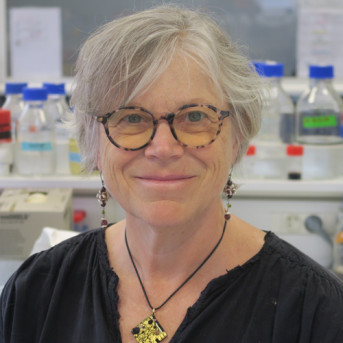
Contacts
IJPB, Equipe : Carbone, Allocation, Transport, SignalisationResearchGate
https://www.researchgate.net/profile/Sylvie_Dinant
https://www.linkedin.com/in/sylvie-dinant-24506993/
ORCID
https://orcid.org/0000-0001-6150-995X
Tél : +33 130833048
